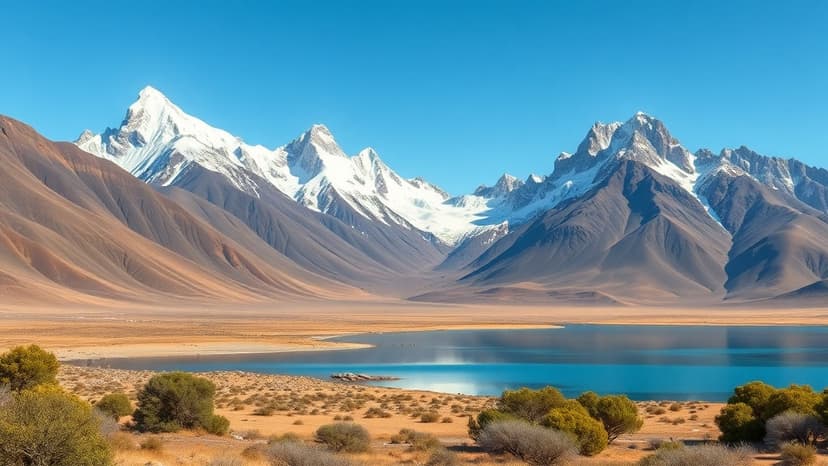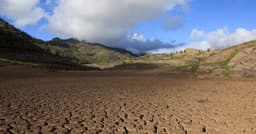Home / Environment / Patagonia Faces 'Green Colonialism' as Renewable Energy Megaprojects Threaten Ecosystems
Patagonia Faces 'Green Colonialism' as Renewable Energy Megaprojects Threaten Ecosystems
14 Nov, 2025
Summary
- Massive green hydrogen and renewable energy projects planned across Chile, primarily in Patagonia
- Concerns raised by researchers, environmentalists, and local communities about threats to wildlife, ecosystems, and livelihoods
- Projects aimed at exporting green energy to Europe and the UK, rather than benefiting local communities

In the past few years, Chile has seen a surge of investment in green hydrogen and renewable energy projects, primarily in the Patagonia region. European and British firms are pouring billions into building vast wind farms, solar parks, and industrial complexes to produce green hydrogen and ammonia for export.
While the government is enthusiastic about the economic prospects, many Chileans are raising concerns. Researchers, environmentalists, and local community leaders warn these "green colonialism" efforts will have a devastating impact on the region's fragile ecosystems and wildlife. The projects will cover thousands of square kilometers with industrial infrastructure, threatening migratory birds, marine life, and the livelihoods of farmers and fishing communities.
Moreover, the vast majority of these projects are aimed at exporting green energy to Europe and the UK, rather than benefiting local Chilean communities. Residents fear the environmental costs will be high while the economic rewards will flow overseas. As one local put it, "It's green colonialism, using Chilean natural resources for a so-called green transition in the global north."
Despite the government's assurances of robust environmental safeguards, many Chileans remain deeply skeptical about the true impact of these renewable energy megaprojects on Patagonia's delicate landscapes and communities.



